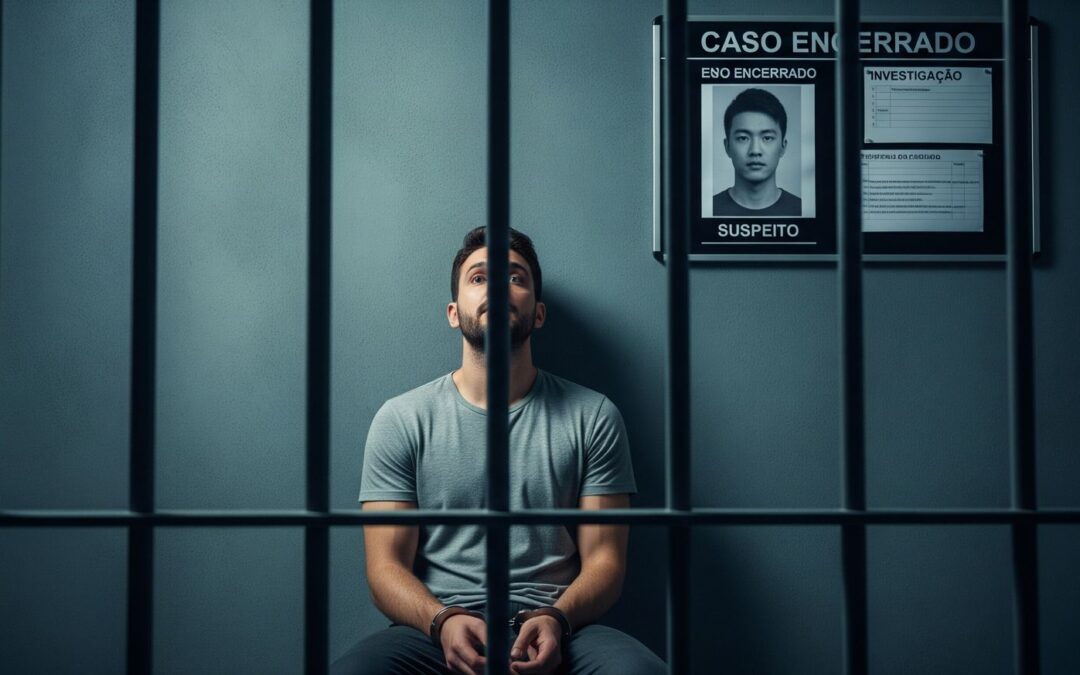A criminal conviction that has reached final judgment—meaning all ordinary appeals have been exhausted—is often perceived as irreversible. However, Brazilian law provides an extraordinary legal remedy to challenge a final conviction that is unjust, unlawful, or based on significant legal or factual error: criminal review.
Criminal Review: Legal Grounds for Relief
Criminal review is an independent legal action that permits the reopening of a final conviction at any time, as long as it is supported by specific legal grounds.
Under Article 621 of the Brazilian Code of Criminal Procedure, a petition for criminal review is permitted in the following circumstances:
- Legal error or misinterpretation of evidence:
When the conviction is clearly contrary to the plain meaning of the criminal law or to the evidentiary record of the case. - Use of false evidence:
When the conviction is based on documents, expert reports, or testimony that are demonstrably false. - Newly discovered evidence:
When new evidence surfaces that clearly proves the defendant’s innocence or justifies a reduction in the imposed sentence.
Note: Criminal review is not a vehicle for simply rearguing evidence previously examined at trial. Relief is only available when there is compelling proof of legal error, falsification, or newly discovered evidence that substantially alters the case’s foundation.
Expanding the Grounds: Jurisprudential Developments
Although Article 621 enumerates specific grounds, Brazilian courts have recognized additional exceptional scenarios where criminal review is appropriate—particularly in cases involving blatant illegality or violations of constitutional rights.
Ineffective Assistance of Counsel
If it is shown that the defense attorney’s deficient performance—due to negligence, inaction, or lack of professional diligence—undermined the defendant’s right to a fair trial, the conviction may be challenged through criminal review based on procedural due process violations.
An assertive and skilled defense, beginning in the early stages of the investigation, is essential to preventing irreparable mistakes. When this fails, criminal review becomes the final legal safeguard against injustice.
Judicial Error: When the System Gets It Wrong
Despite ongoing improvements to the criminal justice system, wrongful convictions still occur — especially in high-profile or politically sensitive cases. Public pressure, media narratives, and political interests can compromise judicial impartiality and fairness.
Case Study: The Evandro Case
One of Brazil’s most well-known wrongful conviction cases involved the disappearance of Evandro Ramos Caetano in 1992, often referred to as the “Witches of Guaratuba” case.
Following intense media coverage, seven individuals were charged. After five jury trials, four were convicted.
Criminal Review in the Evandro Case
In 2023 — more than 30 years after the alleged crime — criminal review petitions were granted, and the defendants were acquitted. The review was based on the discovery that their confessions had been obtained through torture, in flagrant violation of Brazil’s Federal Constitution and international human rights standards.
In addition to the acquittals, the Paraná State Court of Appeals held the government accountable and ordered:
- Criminal prosecution of the public officials involved in the torture;
- Financial compensation for moral and material damages to the victims and their families.
Criminal Review: A Second Chance at Justice
Criminal review is a rare but vital post-conviction remedy designed to correct serious miscarriages of justice resulting from final judgments. It does not reopen cases indiscriminately, but rather serves to ensure that no one remains incarcerated due to factual error, misconduct, or the suppression of exculpatory evidence.
Conclusion: When Should Criminal Review Be Pursued?
Petitioning for criminal review may be appropriate when there is:
- New, credible evidence of actual innocence;
- Proof that the conviction relied on falsified or illegally obtained evidence;
- Demonstrated ineffective assistance of counsel that impaired the defense;
- A verdict that is manifestly inconsistent with the law or the evidentiary record.
Criminal review reflects the enduring role of the defense in safeguarding justice — even after a conviction becomes final. It is an extension of vigorous criminal defense advocacy into the post-conviction phase.
Even the most competent trial strategy cannot always prevent wrongful convictions. In such cases, a criminal defense attorney with expertise in post-conviction litigation is essential to pursuing justice and reversing the outcome.


Recent Comments